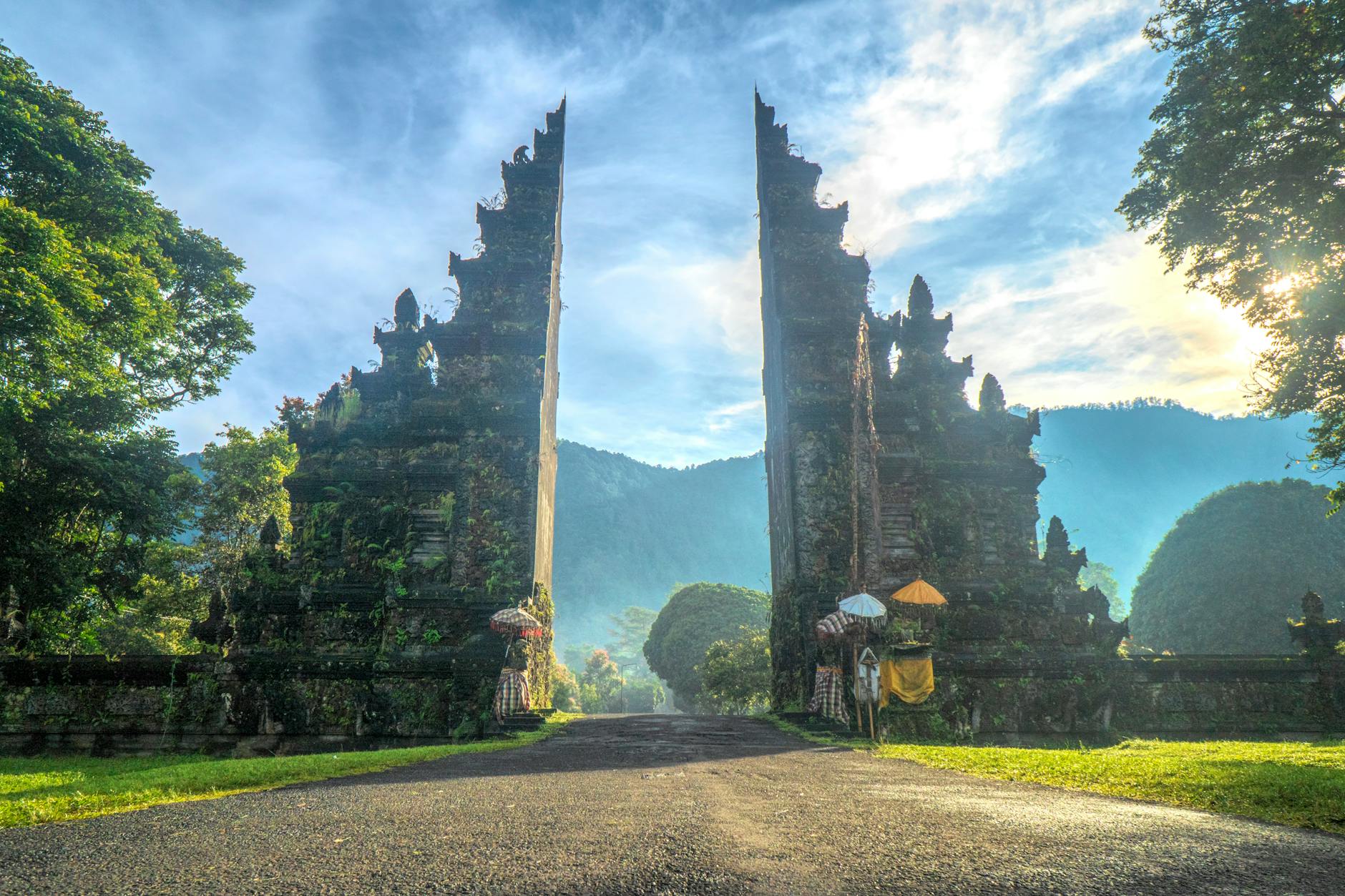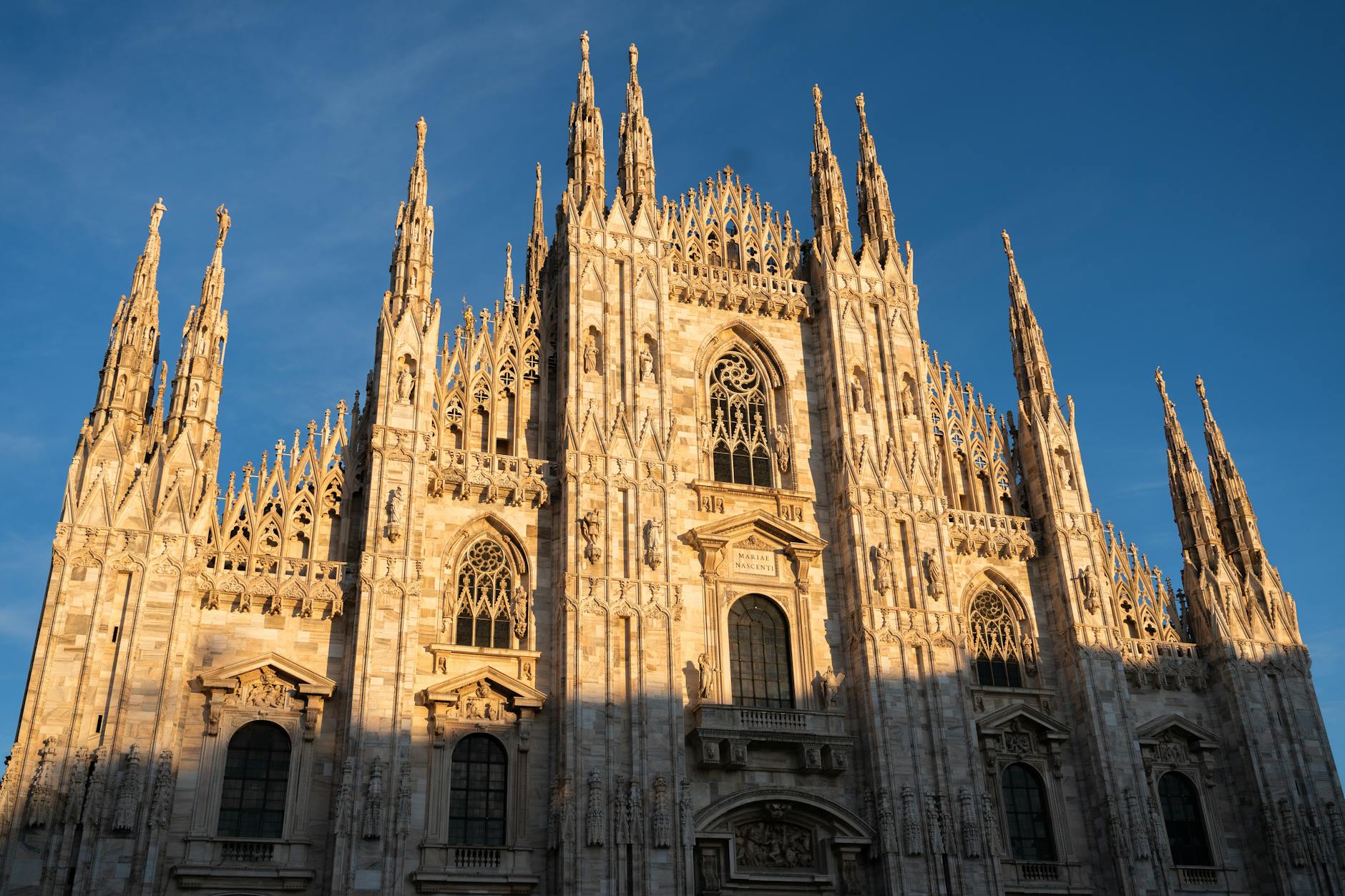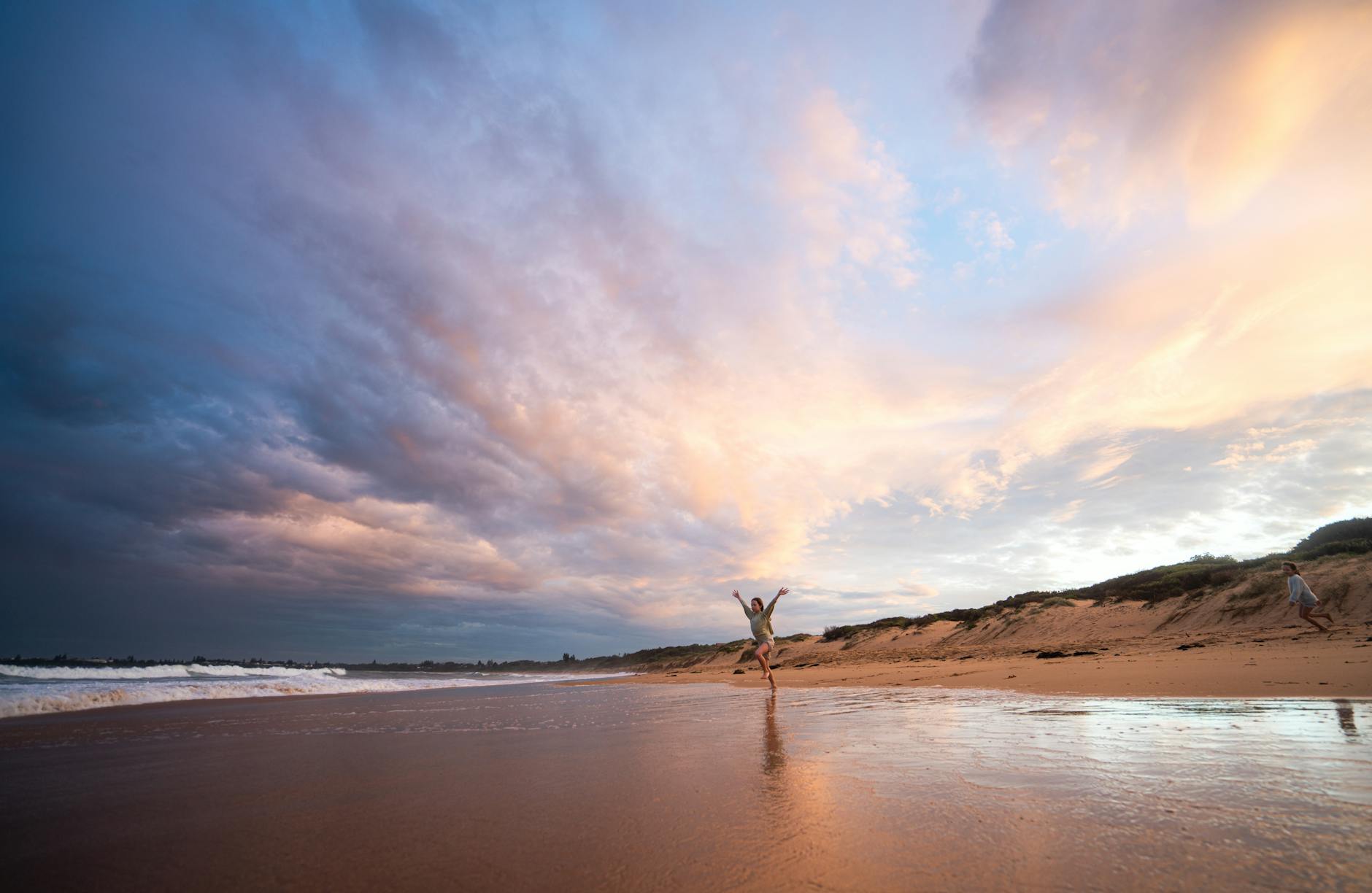How to Capture the Untamed Beauty of Australia Through Your Lens

Discovering Hidden Gems
Wandering through Melbourne's CBD, the vibrant street art scene can ignite your creative spirit and prepare you for a journey through Africa's secret landscapes. While the Royal Botanic Gardens provides serene beauty, the elusive destinations of Africa tours call for adventure. Places that remain untouched and less frequented, like the savannahs and remote mountains, offer uncharted territory for photographers seeking authentic experiences.
Exploring Remote Landscapes
Imagine standing before vast, open plains under an expansive sky. Such landscapes are not just visually astounding—they’re also a photographer’s dream. I'm especially drawn to the majestic regions offered by tailormade africa, which cater to those aiming for unique experiences. These tours often include access to secluded corners of national parks and private reserves, providing both tranquillity and the possibility of unexpected photo-worthy moments.
Finding Unique Wildlife Spots
Capturing wildlife requires patience and a keen eye, but the rewards are immense. Opt for guided galapagos tours in less popular areas to encounter rare species away from crowded hubs. Always remember to respect animal habitats by using a telephoto lens to maintain distance, ensuring that your photographs reflect authenticity and respect toward nature.
Spotting Lesser-Known Landmarks
Seek out lesser-known landmarks that possess historical and cultural significance. These spots not only narrate stories of their own, but they also offer a fresh canvas for your photography. The combination of natural landscapes and unique structures geotags your journey with a narrative unique to your vision. Connecting with other adventurers will bolster your exploration, revealing even more hidden gems, much like those found among Melbourne’s iconic street corners.
Mastering Your Photography Skills
Choosing the Right Equipment
When preparing for a photographic adventure, having the right gear is crucial. Start with a versatile camera that can handle various lighting situations and shoot at a high resolution. This flexibility allows you to capture intricate details across diverse landscapes, whether you're trudging through the luscious greens of the Royal Botanic Gardens, exploring breathtaking scenery on south american tours, or capturing urban textures in Melbourne's CBD street art. For lenses, a mix of wide-angle and telephoto options will serve well, especially for the diverse environments you may encounter.
Utilizing Natural Light
Understanding how to leverage natural light can dramatically enhance your photographic outcome. Whether you're navigating the bustling platforms of Flinders Street Station or patiently waiting for the perfect sunset in South America, mastering natural light is key. The golden hour, just after sunrise or before sunset, often offers the most flattering light, casting a warm glow over subjects. Meanwhile, overcast skies provide softer light without harsh shadows, which is excellent for portraiture or detailed close-ups.
Embracing Spontaneous Moments
Photography is as much about planning as it is about seizing unexpected opportunities. Whether you're sidestepping into a hidden alley in Melbourne for a candid street shot or stumbling upon an impromptu festival during south america tours, being open to the unplanned can yield extraordinary results. Keep your camera readily accessible and engage with your surroundings actively; these spontaneous moments often hold the raw authenticity that scripted shots can lack. Being adaptable in your approach can set you apart and breathe life into your photographic work.
Unveiling Australia's Natural Beauty
Capturing Iconic Beaches
Australia's coastlines offer endless opportunities. Explore hidden coves and capture moments as vibrant waves crash against the shores. Include in your travels the serene beaches near Flinders Street Station, where unique perspectives await from an elevated view. The golden hours of early morning or late afternoon light provide sumptuous tones for your images, creating a soft glow that enhances the natural beauty of the scene.
Photographing Majestic Mountains
Australia's varied terrains feature stunning ranges perfect for landscape photographers. Test your skills by framing the towering cliffs and unique rock formations that dot the countryside. When photographing these majestic mountains, especially during polar expeditions, pay close attention to the rugged details, using filters to manage contrast and enhancing the snow-capped peaks against stark blue skies.
Documenting Stunning Deserts
Deserts like the Red Centre offer an explosion of colours and textures, from deep ochre sands to sparse vegetation. When documenting these environments, consider their vastness and the scale of the dunes to capture their grandeur. Focus on the contrast between the clear sky and rolling dunes, employing lens filters to minimize glare. Central America tours sometimes showcase desert locales, but few compare to the striking expanses found here in Australia.
Allow the vivid landscapes to inspire you as you blend your artistic vision with nature's splendour, drawing on the creative energy found in Melbourne's vibrant street art scene.
Engaging with Local Culture
Capturing Community Life
Immersing myself in local communities has always added depth to my travel photography. One of the best ways to do this is by roaming vibrant streets, like those in Melbourne, where unexpected moments unfold with every step. Wandering through such areas offers an array of opportunities to capture candid shots, portraying the authentic life and spirit of the people I meet. Whether visiting a bustling market or a quiet neighbourhood corner, the narratives I frame become richer and more meaningful.
Immortalizing Cultural Events
Attending cultural events has always been a gateway to understanding a place's heartbeat. The challenge lies in capturing moments that convey both the energy and emotion of gatherings. To make the most of these instances, I focus on the interplay of colours and expressions, a technique reminiscent of Melbourne's Flinders Street Station photography spots. Timing is crucial, just like it is in the fast-paced scenes of a galapagos cruise. Attending events such as local festivals or traditional ceremonies gives a unique glimpse into the heart of the culture.
Building Relationships with Locals
Forging genuine connections with locals can transform not only my experience but also the stories my images tell. Engaging with people, hearing their stories, and understanding their perspectives adds authenticity to each frame. These interactions often lead me to hidden gems and experiences beyond the typical travel path, allowing me to create a travel narrative that is truly tailormade South America for curious explorers like myself.
Best Practices
Ethical Photography Guidelines
As I explore Melbourne's vibrant streets and beyond, I've come to appreciate a set of practices that ensure my photography is both respectful and ethical. It's crucial to obtain permission when photographing individuals up close, particularly in culturally sensitive areas. This is especially true when capturing the dynamic street art scene around the Melbourne CBD—it's essential to document works that artists are comfortable sharing. Being discreet and aware in spaces like Flinders Street Station enhances authenticity while respecting fellow travelers.
Preserving Natural Environments
The landscape around Melbourne, be it the picturesque Royal Botanic Gardens, the iconic beaches along the coast, or the artistic alleys, holds a raw beauty that deserves our protection. To preserve these landscapes, it's all about minimizing footprints. Staying on designated paths is crucial to prevent damage to the flora and fauna. Practising the Leave No Trace principles, such as capturing your memories in photographs rather than collecting natural keepsakes, ensures these wonders remain pristine for future generations.
Respecting Indigenous Cultures
Australia's landscapes are deeply intertwined with Indigenous histories and culture, something I strive to honour through my lens. When visiting culturally significant sites, acknowledging the Traditional Owners of the land is a step towards understanding the rich stories behind these locations. It's beneficial to engage with local communities, seeking permission to photograph and gaining insight into cultural contexts. This practice not only enriches the storytelling in my images but also fosters a deeper connection with the places I capture.


